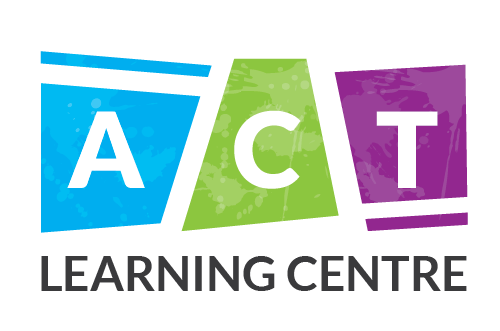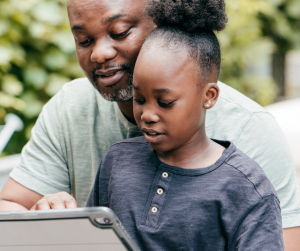Supporting Neurodiverse Individuals: Language and Communication
Did you know May is Speech and Hearing Month? In this post, we will explore the importance of neurodiversity-affirming practices in language and communication to create safe spaces for the learning and development of autistic individuals.
A Note on Language
One aspect of the neurodiversity movement involves the use of person-first versus identity-first language. For years, there was a push for person-first language (i.e., person with ASD). However, in recent years, advocates from the autistic community have identified that they prefer identity-first language (i.e., autistic person). This is because many people consider their autism to be an important part of their identity and life experience rather than a disease or other ailment, which is separate from them.
For the purposes of this post, we will use identity-first language. We encourage you to speak to the autistic people in your lives and with your families to determine what phrasing best suits you. When it comes to addressing autistic individuals, each person may have their own preferences. We encourage you to ask individuals about how they would like to be addressed and to be open to adapting your language based on what is most comfortable for that person.
Double Empathy Problem
The Double Empathy Problem refers to the double standard which exists for autistic people. In general, autistic people are expected, by society, to understand and adapt to neurotypical ways of doing things, without the same adaptability being expected of neurotypical people.
Remember, autistic means of communication and socialization may be different from those of neurotypical people but are still completely valid. Often in therapy, you and your child might be taught skills to support interacting with a neurotypical population. Although this may be helpful, this does not mean it is the only way we can (or should) think and act! We encourage you to consider these skills your child learns at therapy to be tools in their toolbelt, rather than expectations to change who they are and how they see the world.
Accepting Different Forms of Communication
In line with the views of the neurodiversity movement, we at ACT Learning Centre respect all forms of communication. Whether a person communicates using words, signs, gestures, augmentative and alternative communication (AAC) devices, and more – all communication is valid communication!
Gestalt Language Processing (GLP)
Currently, we recognize two distinct ways of learning and processing language. Until recently, analytic language processing was thought of as the standard – picture children whose first words are single ones (e.g., mama, doggy, no). This style of language processing uses single words as smaller building blocks to build longer sentences. In contrast, the building blocks of gestalt language processors are longer ‘chunks’ of language (picture children who use echolalia or memorized scripts). We now know that many autistic children are GLPs, and echolalia (repeated or scripted language) is an important part of their language development.
As we have discussed, the Double Empathy Problem describes the disconnect that can happen when an autistic individual and a neurotypical individual communicate. If your child is a GLP, they might use phrases that seem out of context. It is our job to become detectives and figure out the meaning behind these gestalts. Your child may be subtle in how they share their experience of the world, which is why it is crucial for their therapists and family members to be supportive partners, helping them explore the world!
It can be challenging to navigate the diagnosis of autism and the way that autism presents in your child. Don’t hesitate to reach out to your therapy provider to discuss questions and concerns, especially when it comes to navigating new challenges.
When we know better, we do better. By listening to autistic individuals, adjusting our practice to meet the standards of best practice, adapting to the needs of the individuals in our care, and being open to learning what we can do better, we will be the best allies we can be.



